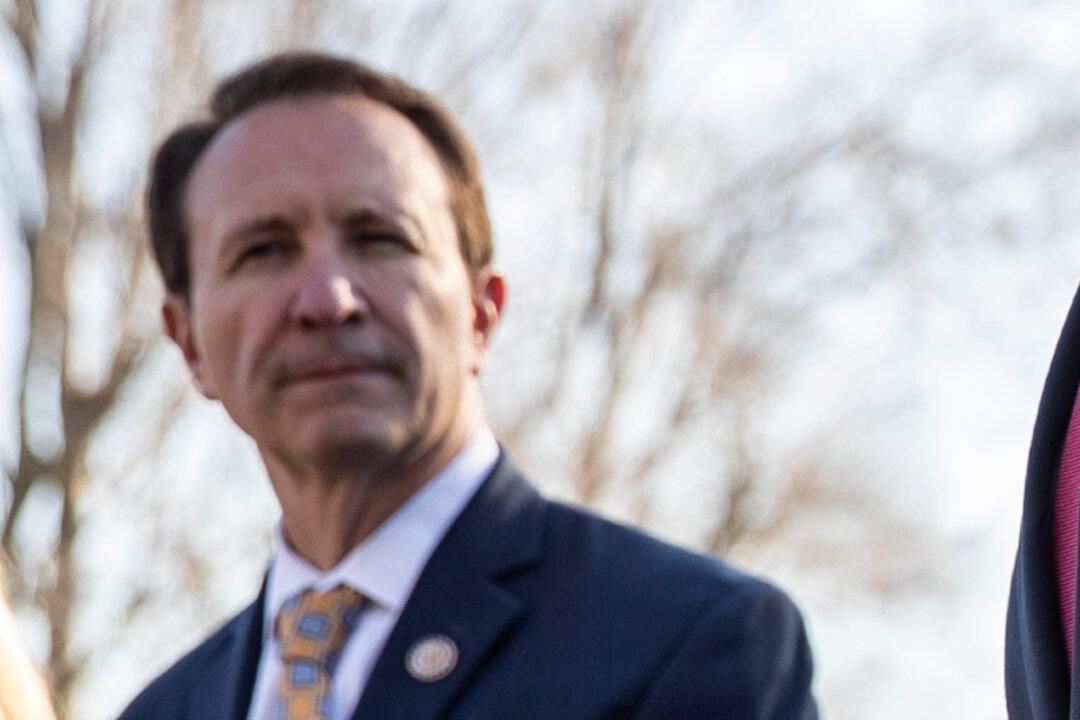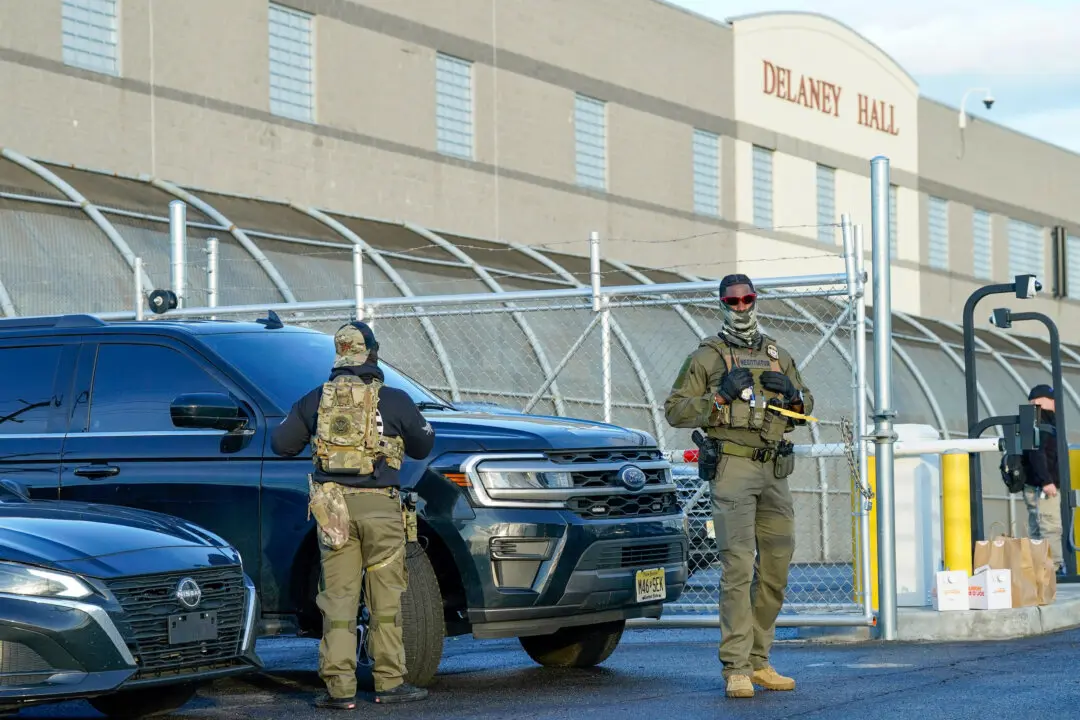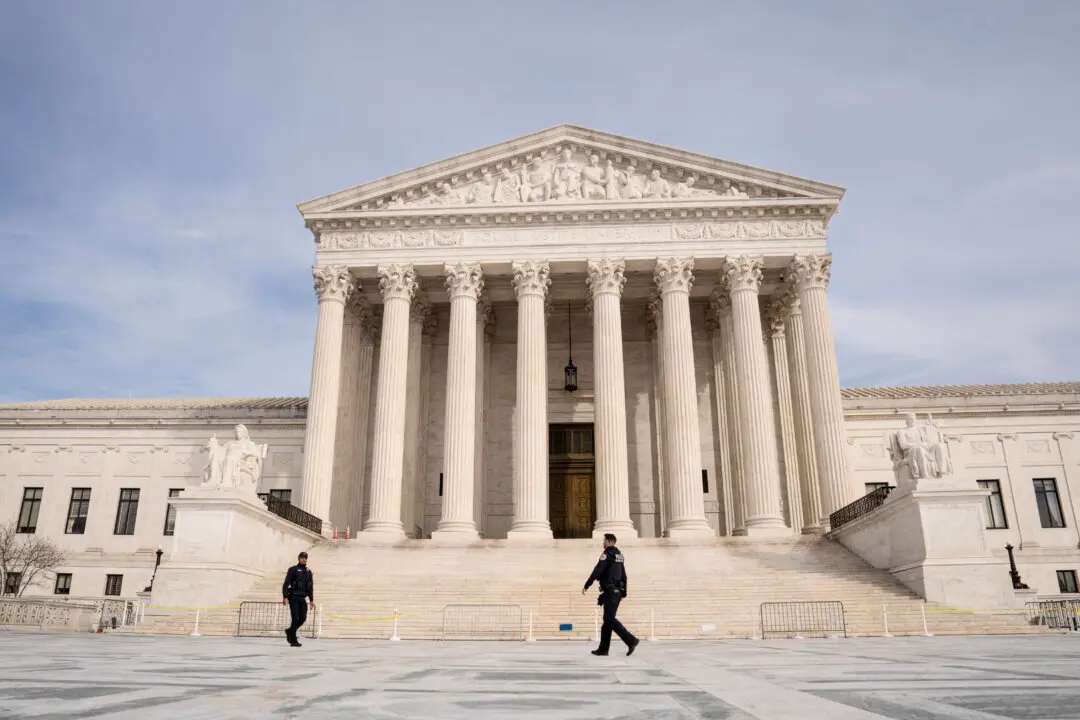The Supreme Court of Louisiana rejected an emergency application from abortion providers on Aug. 12, a move that allows the state’s abortion ban to continue.
States have been dealing with a blizzard of legal challenges brought by abortion activists and providers since the U.S. Supreme Court’s ruling on June 24 that struck down the nearly five-decade Roe v. Wade precedent and returned the regulation of abortion to the states.





